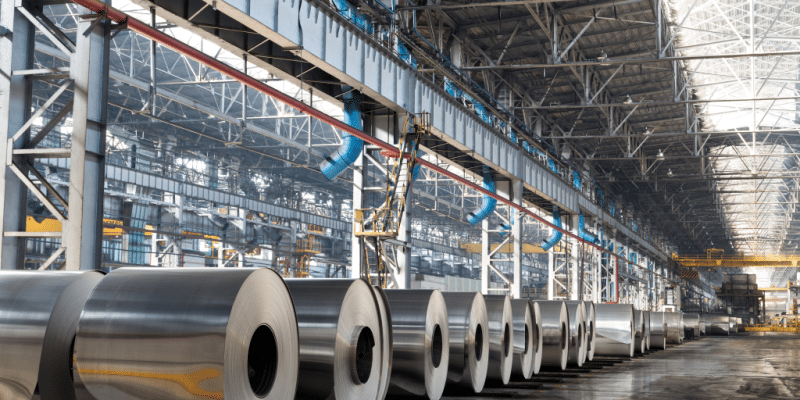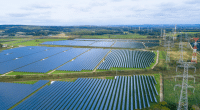On the sidelines of the Egypt Energy Show (Egypes 2024), which recently concluded in Cairo, the Egyptian authorities witnessed the signing of a collaboration agreement between Aluminium Company of Egypt (Egyptalum) and the Norwegian independent power producer (IPP) Scatec. The aim is to produce 1,000 MWp of solar energy for the Nag Hammadi aluminium complex.
Aluminium is an essential metal in the construction sector. However, its production is responsible for 2% of global emissions (in 2018), totalling 1.1 billion tonnes of CO2, according to the French government’s Minéral Info platform. We therefore need to decarbonise this sector in the face of the climate emergency.
The main challenge in decarbonising aluminium is to use natural gas as a source of heat for temperatures that can be reached by electrical processes or by using biomass energy. In Egypt, the authorities are opting instead for solar energy and have entered into a partnership with the Norwegian independent power producer (IPP) Scatec to decarbonise the Nag Hammadi aluminium complex.
Read also- Mining: in South Africa, Anglo American speeds up its energy transition with EDF
Specifically, Scatec will produce 1,000 MWp of solar energy in the Al-Hew desert area near the town of Nag Hammadi. Built in two phases of 500 MWp each, the solar park will supply electricity to the facilities of Aluminium Company of Egypt (Egyptalum), the country’s largest aluminium producer, which is almost 90% owned by the Egyptian state.
Scatec is to make this investment as an IPP in a country it knows well. It was one of the major players involved in the construction of the 1,650 MWp Benban solar complex in the governorate of Aswan. The company, headed by Terje Pilskog, operates six solar photovoltaic plants there, with a combined capacity of 380 MWp. At the same time, Scatec wants to invest in green hydrogen in the Suez Canal economic zone. Specialists believe that this new energy, which is still being developed, could help to decarbonise heavy industries, particularly metallurgy, which requires a lot of heat.
Jean Marie Takouleu





